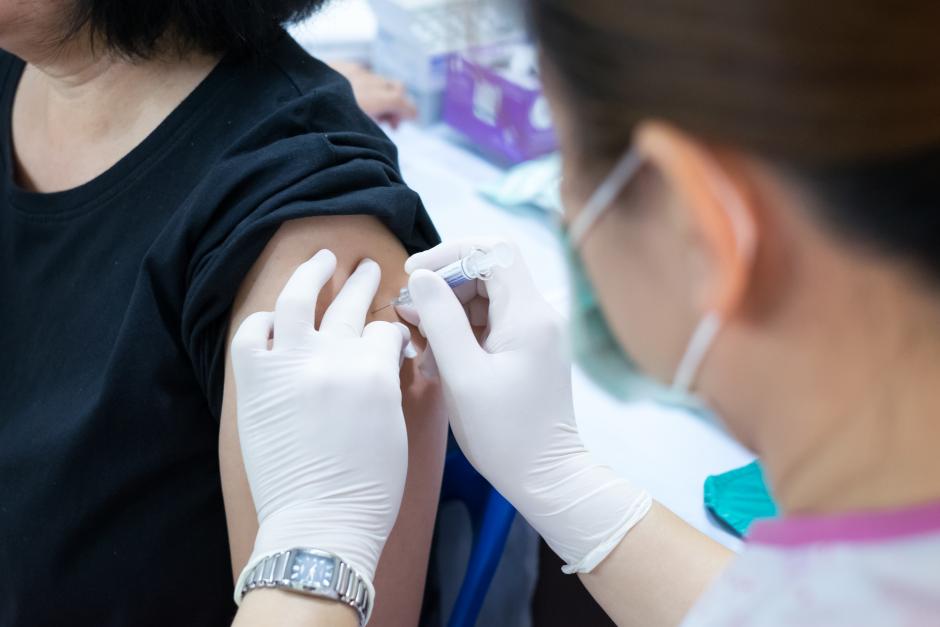Flu & Measles
Vaccine Information
Influenza (Flu)
The influenza season has peaked and flu activity continues to decline in the United States.
CDC recommends a yearly flu vaccine for everyone 6 months and older. This season’s flu vaccines are reducing the risk of illness by nearly half.
CDC routinely recommends that influenza vaccination continue as long as flu viruses are circulating.
Watch Out for Measles
There are a lot of bugs in the air this season, including measles. Measles is a highly contagious respiratory disease that spreads through the air through coughing and sneezing. If you breathe the contaminated air or touch an infected surface and then touch your eyes, noses, or mouths, you can become infected if you haven’t developed immunity against the disease.
Measles can start with the following symptoms—a fever, runny nose, coughing, red eyes, and a sore throat—and is then followed by a rash that spreads all over the body 3-5 days after the symptoms begin. Two to three days after the symptoms begin, tiny white spots may also appear inside the mouth. Some people can develop complications, and these complications can be serious for pregnant woman.
If you suspect that you may have measles, first call your health care provider ahead of time—this will help stop the spreading of measles to other people who might be sitting in the waiting room where you will go. After you call, then follow your health care provider’s directions.
To prevent measles, a vaccination is recommended for persons one year old or older. Regularly washing your hands will also help protect you. If you do get measles, it’s important to call your health care provider and avoid public places where the measles might spread.
As an adult, do I need the MMR vaccine?
You do not need the MMR vaccine if you:
- had blood tests (titers)* that show you are immune to measles, mumps, and rubella
- are someone born before 1957
- already had two doses of MMR or one dose of MMR plus a second dose of measles vaccine
- already had one dose of MMR and are not at high risk of measles exposure
You should get the measles vaccine if you are not among the categories listed above, and
- are a college student, trade school student, or other student beyond high school
- work in a hospital or other medical facility
- travel internationally, or are a passenger on a cruise ship
- are a woman of childbearing age
Where can I get a measles vaccine?
- Contact your primary care provider
- Contact the Long Beach Health Department Immunization Clinic (562) 570-4315
- Make an appointment in Student Health Services at LAC (562)938-4210 or PCC (562)938-3992
Blood tests (titers) are available for a fee through Student Health Services. Current registered students are eligible for this service.
Note: All blood tests are performed at an outside laboratory off- campus.
Retrieved from CDC (2014).

